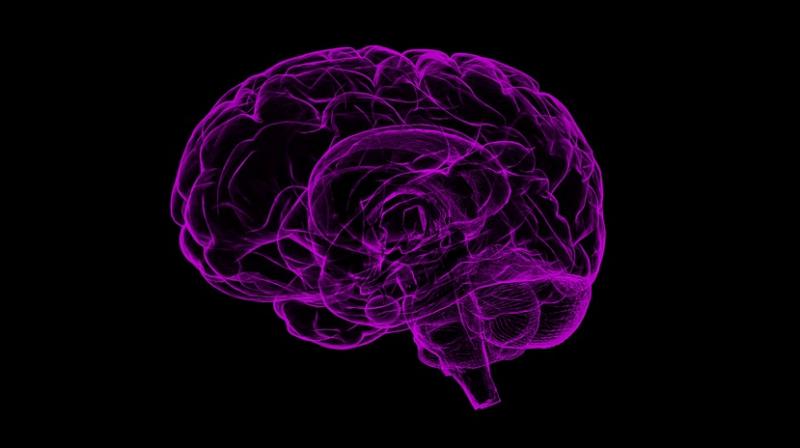New study explains how 'skinny fat' could predict risk of Alzheimer's

Washington: 'Skinny fat'- the combination of low muscle mass and strength in the context of high-fat mass - in older adults may predict dementia and Alzheimer's risk, according to a study.
While sarcopenia, the loss of muscle tissue that is part of the natural ageing process, as well as obesity, both negatively impact overall health and cognitive function, their coexistence poses an even higher threat, surpassing their individual effects.
The research was led by researchers at Florida Atlantic University's Comprehensive Center for Brain Health in the Charles E. Schmidt College of Medicine.
Results from the study show that sarcopenic obesity or "skinny fat" was associated with the lowest performance on global cognition, followed by sarcopenia alone and then obesity alone.
Obesity and sarcopenia were associated with lower executive function such as working memory, mental flexibility, self-control and orientation when assessed independently and even more so when they occurred together.
"Sarcopenia has been linked to global cognitive impairment and dysfunction in specific cognitive skills including memory, speed, and executive functions," said senior author James E. Galvin.
"Understanding the mechanisms through which this syndrome may affect cognition is important as it may inform efforts to prevent cognitive decline in later life by targeting at-risk groups with an imbalance between lean and fat mass. They may benefit from programs addressing loss of cognitive function by maintaining and improving strength and preventing obesity," added Galvin.
The study appears in the journal Clinical Interventions in Aging.

